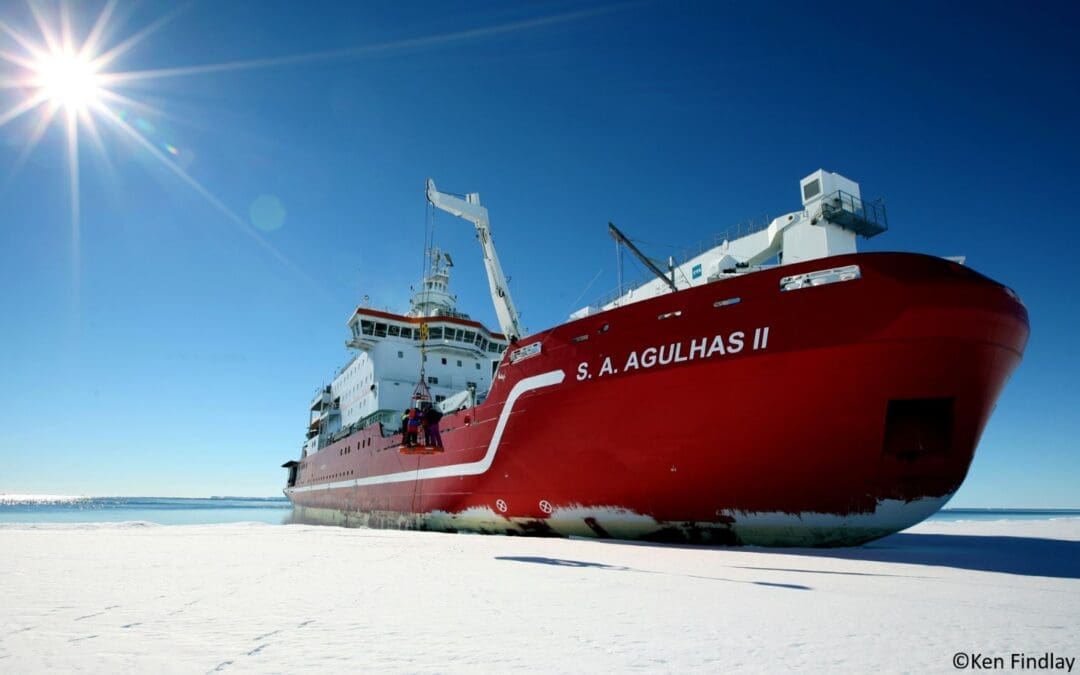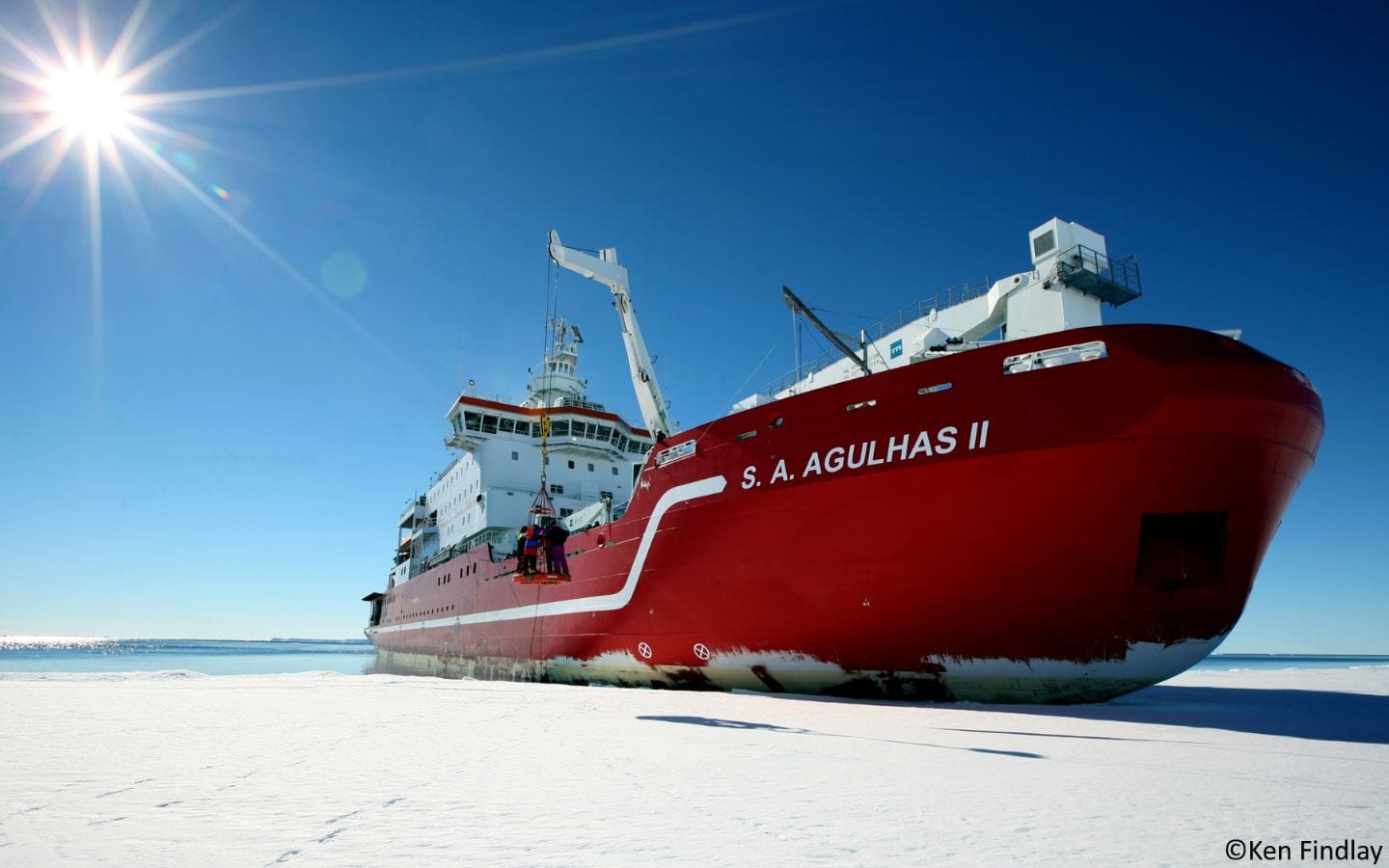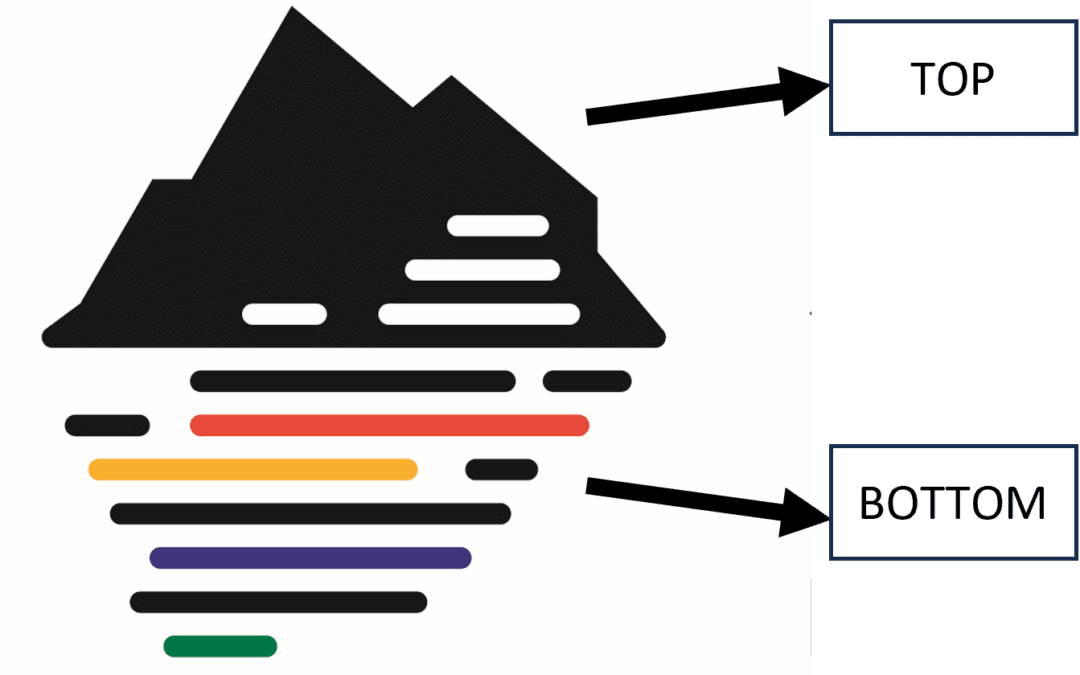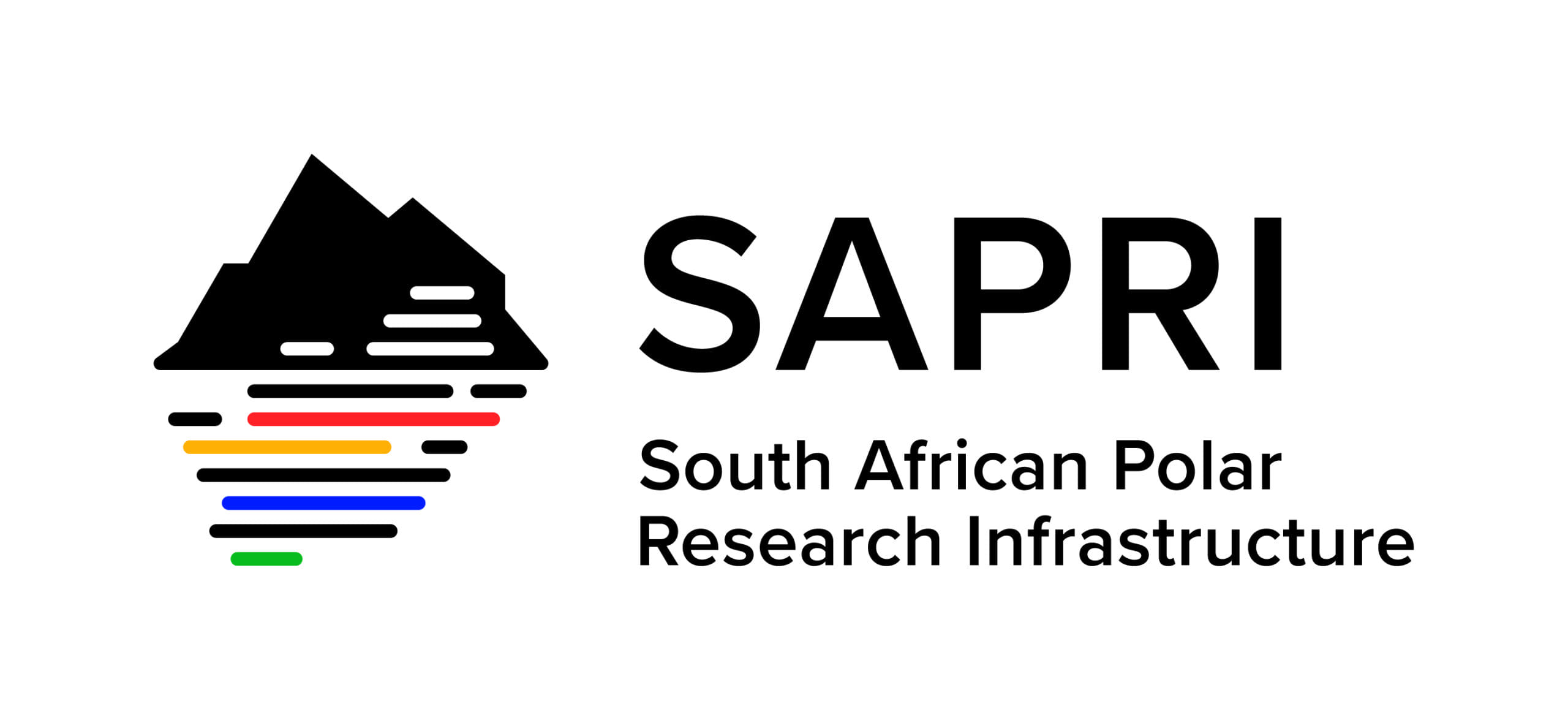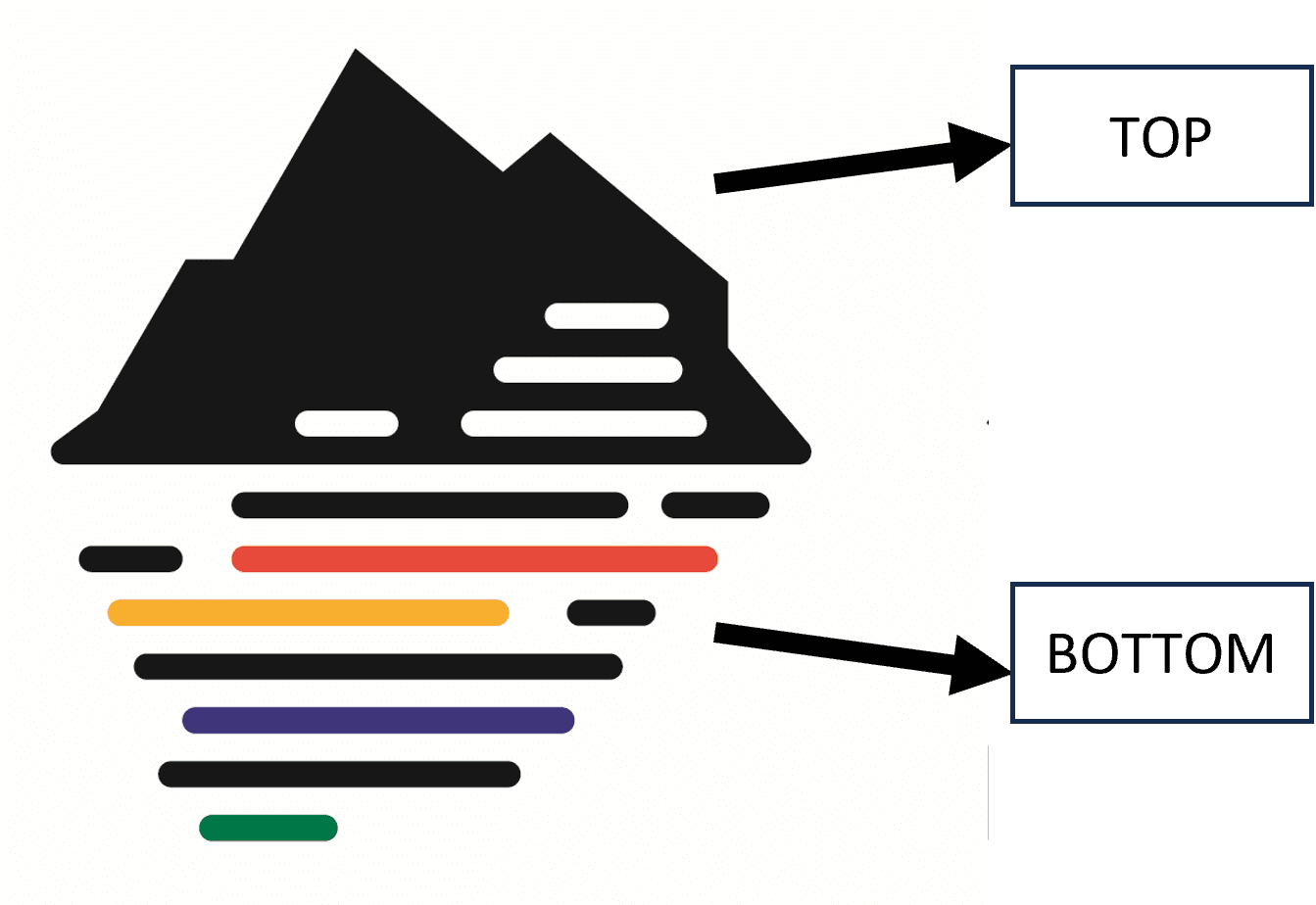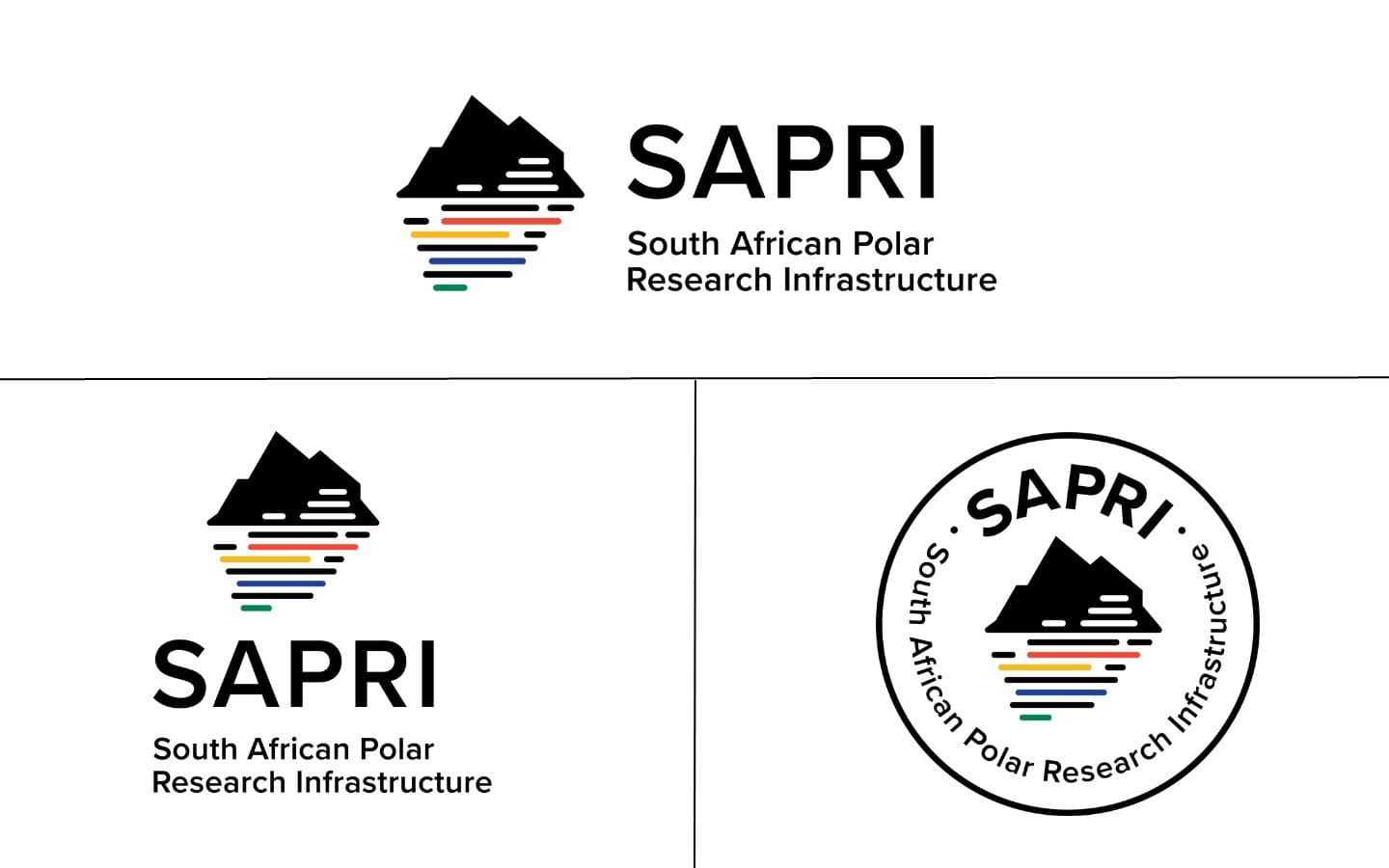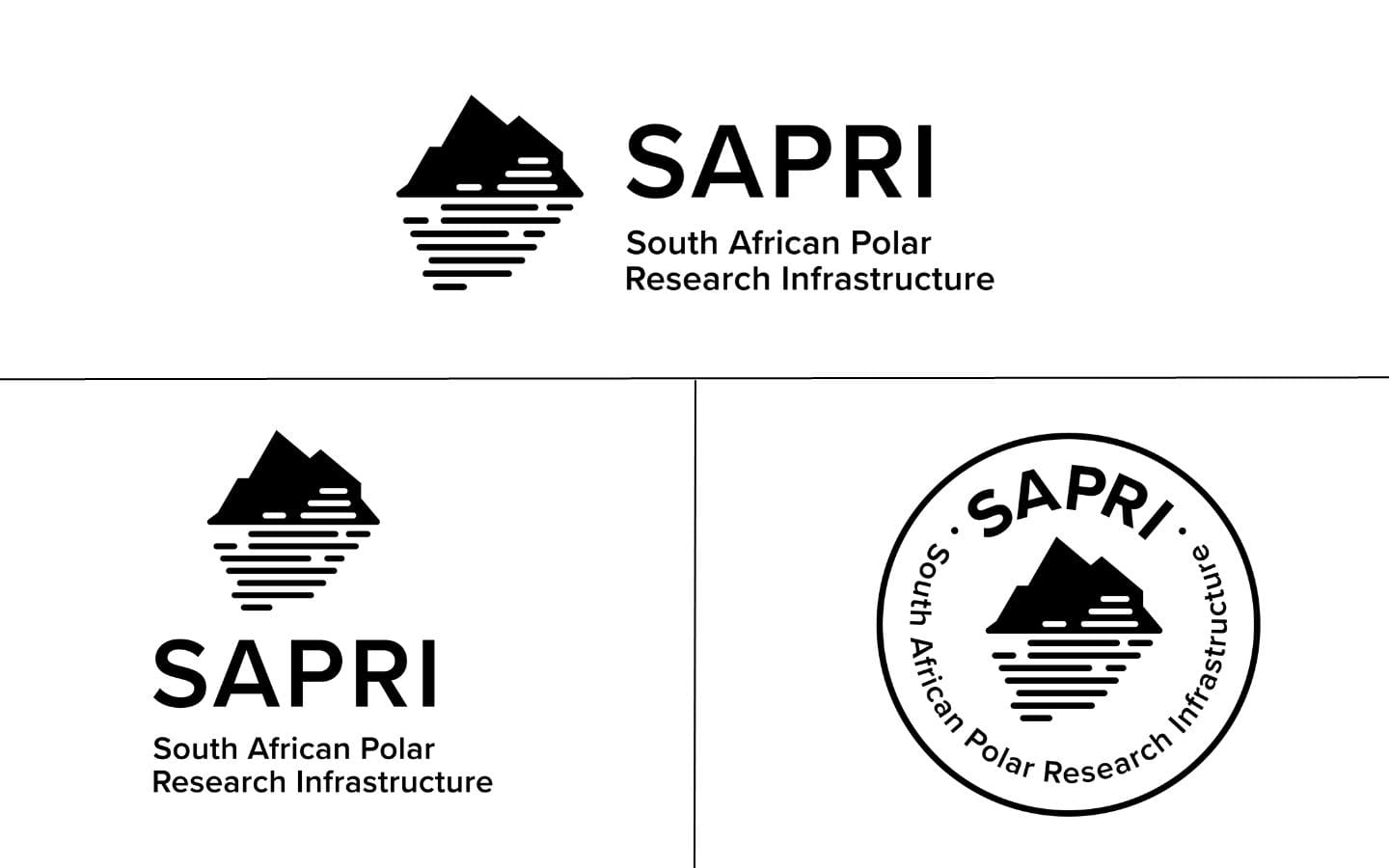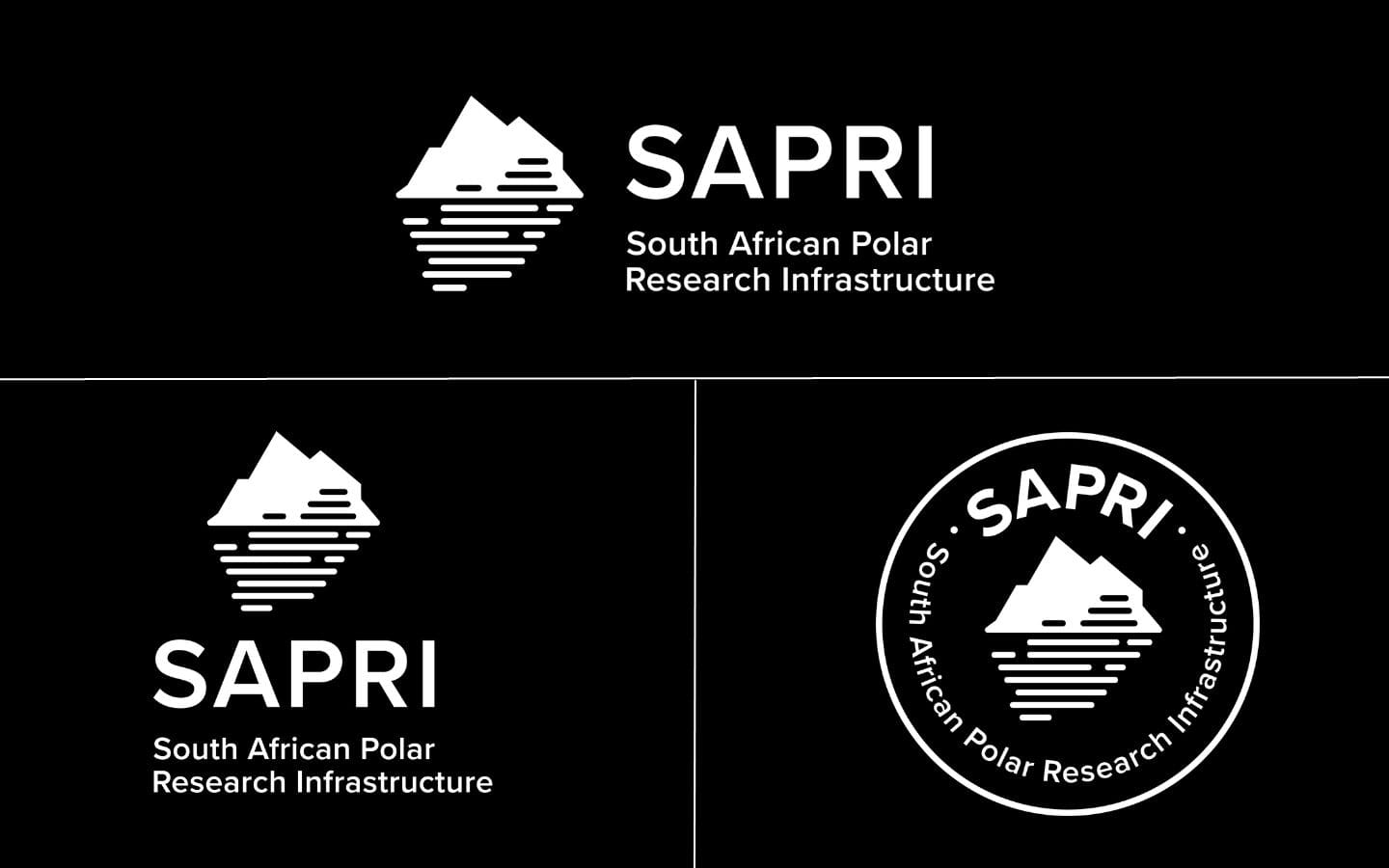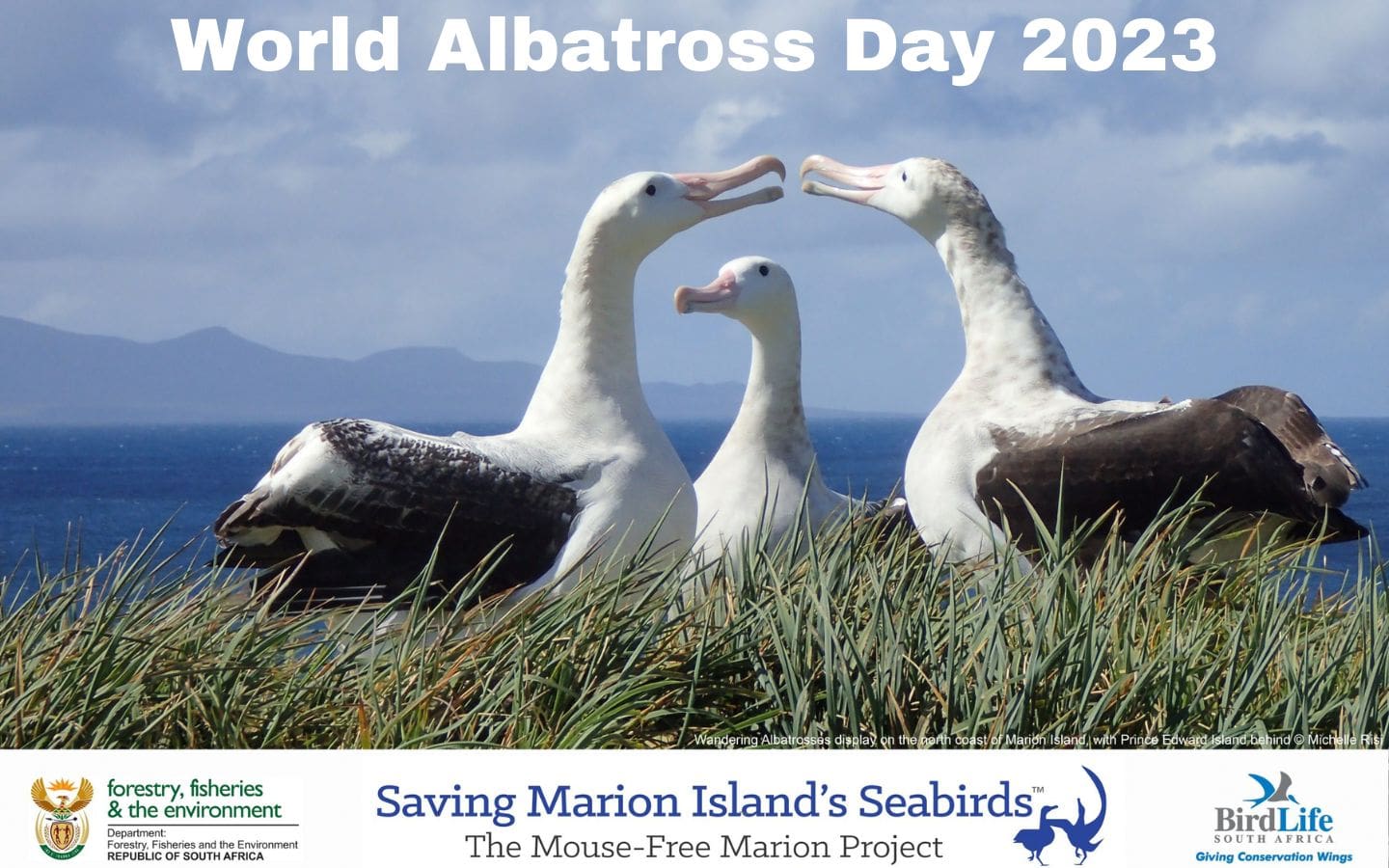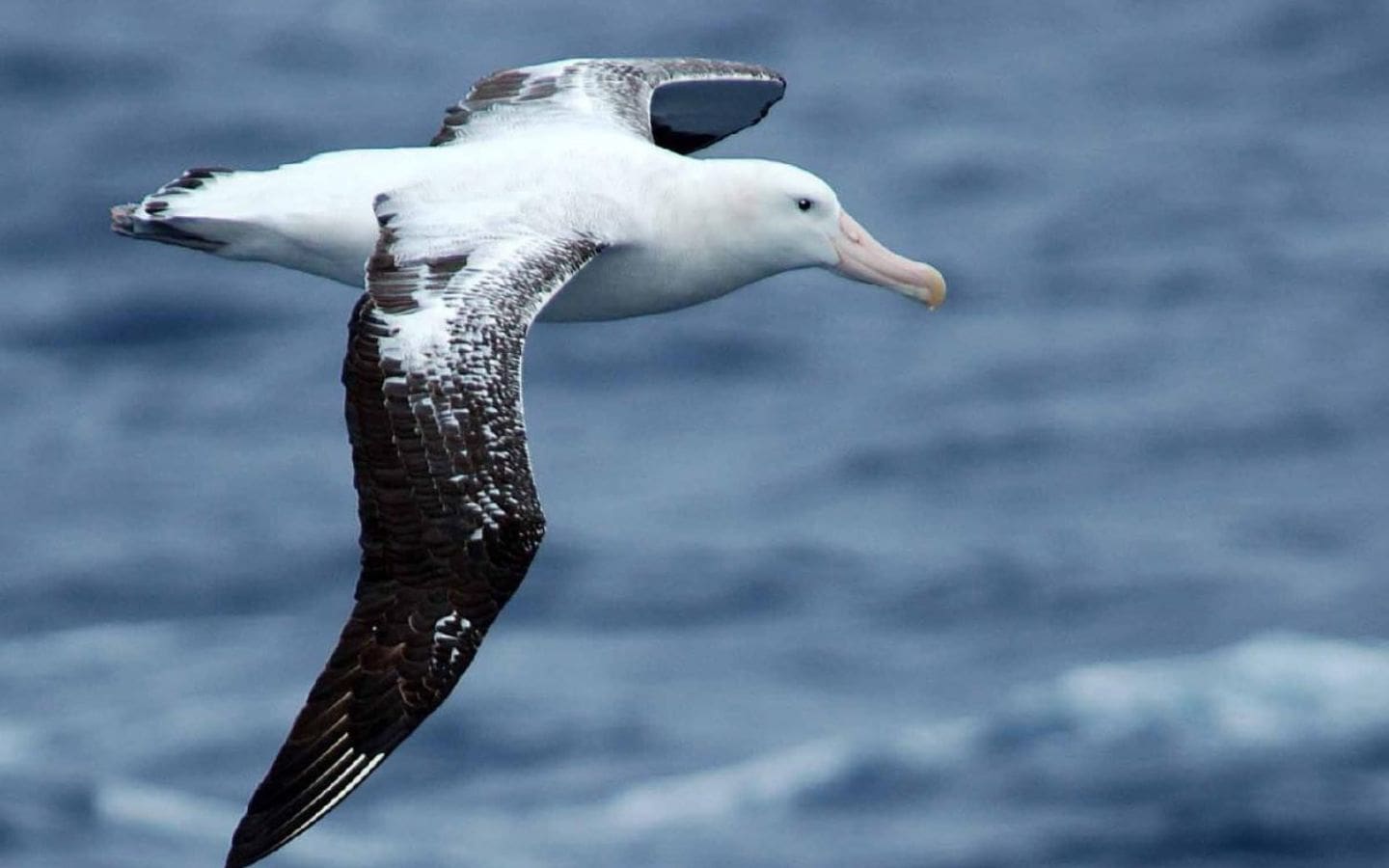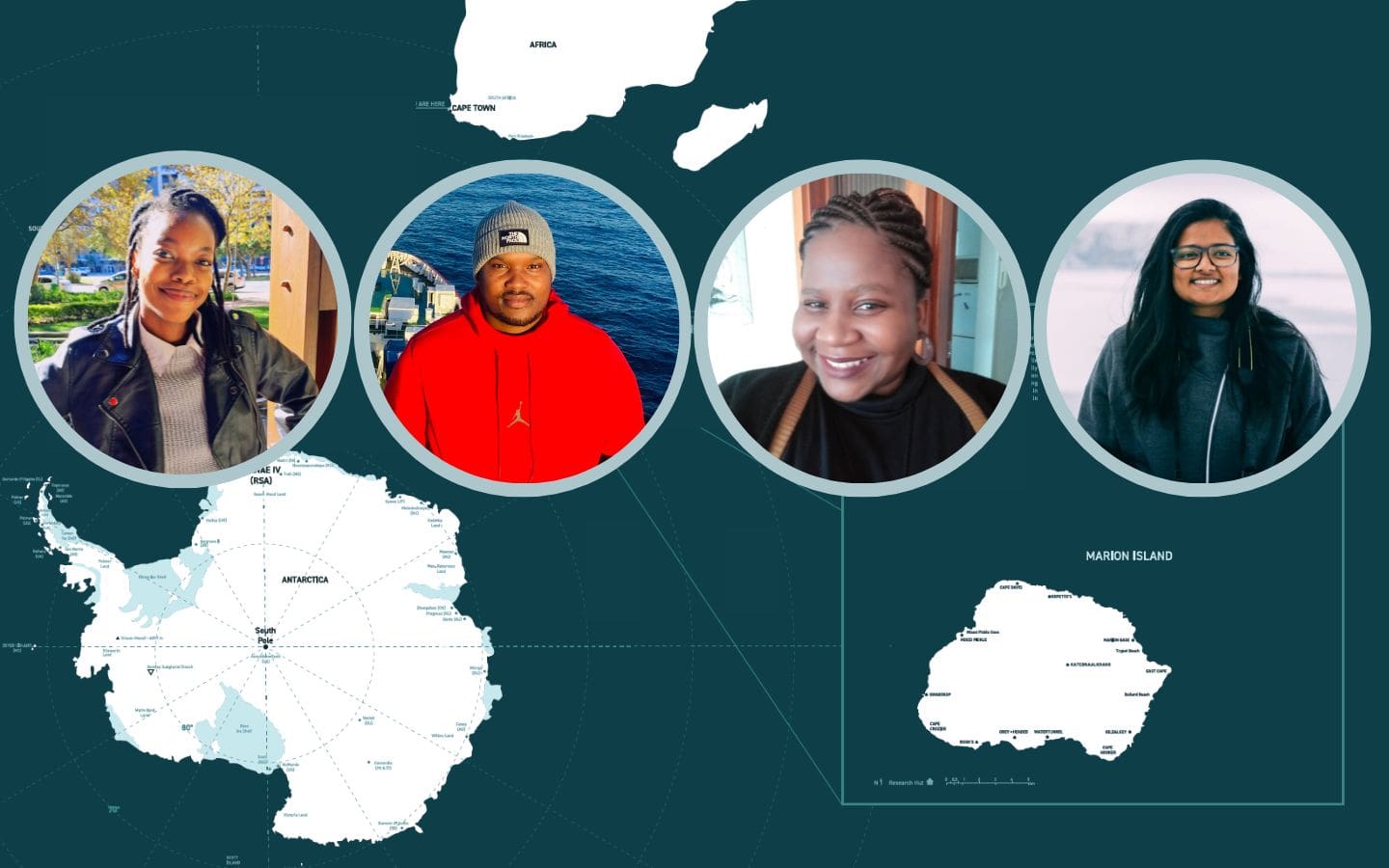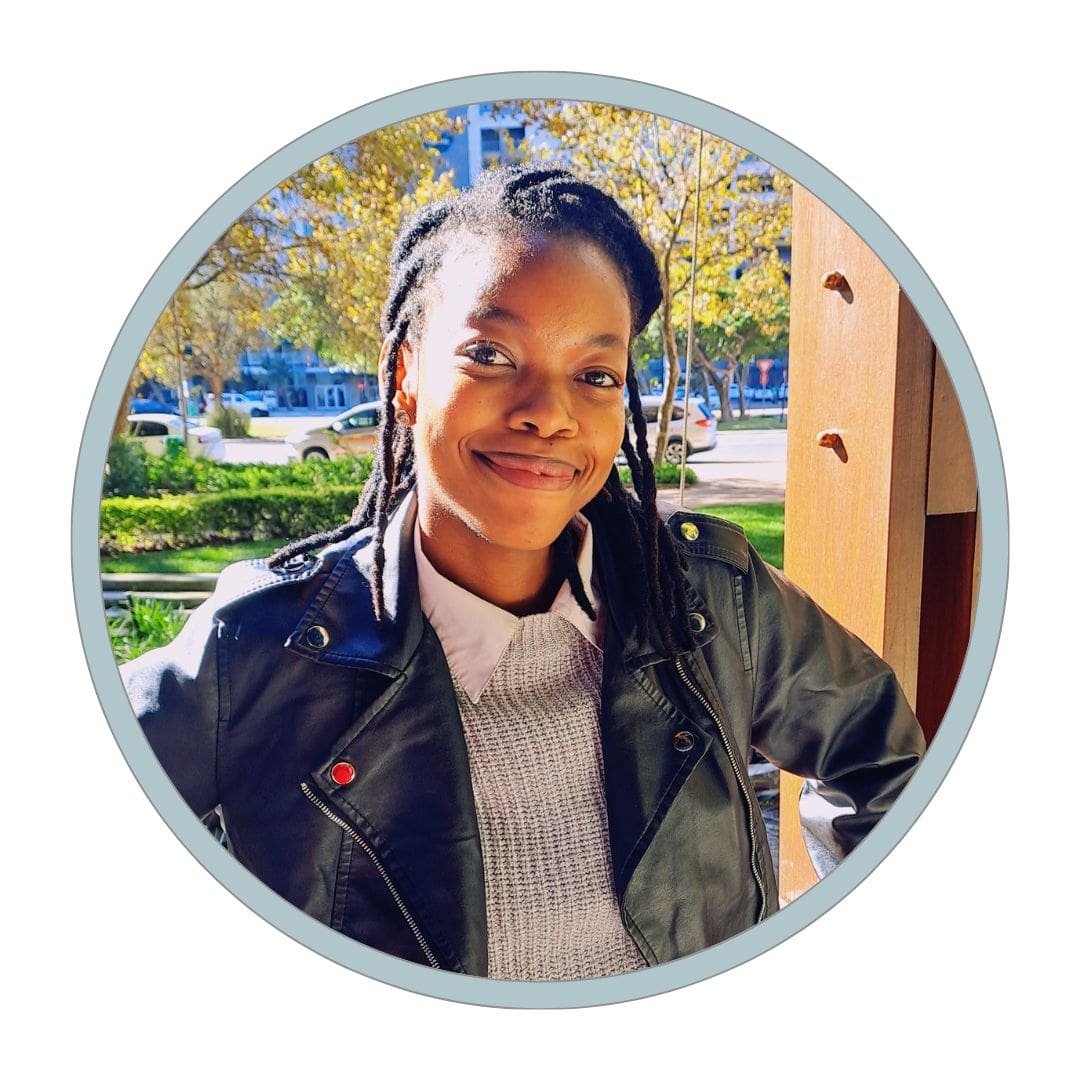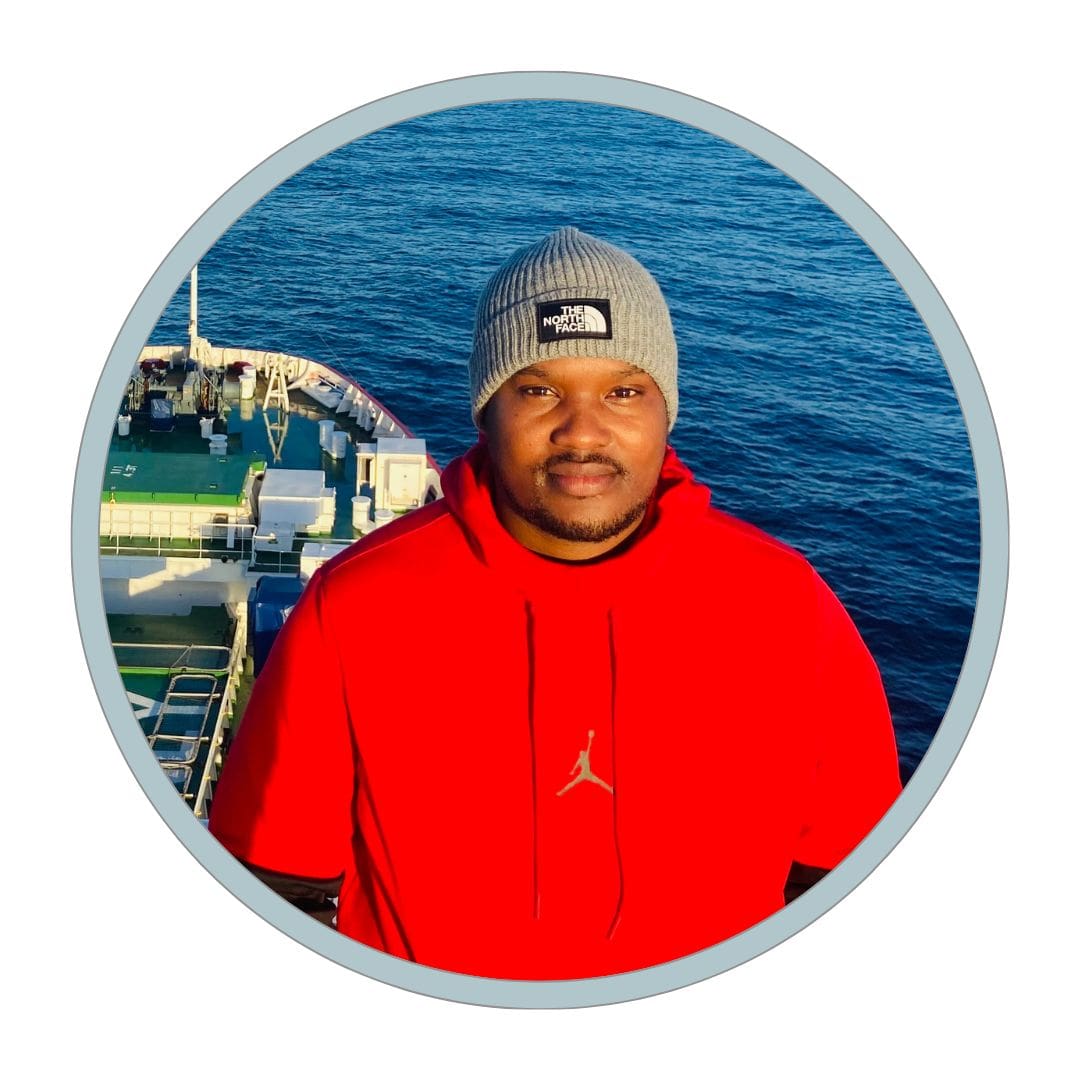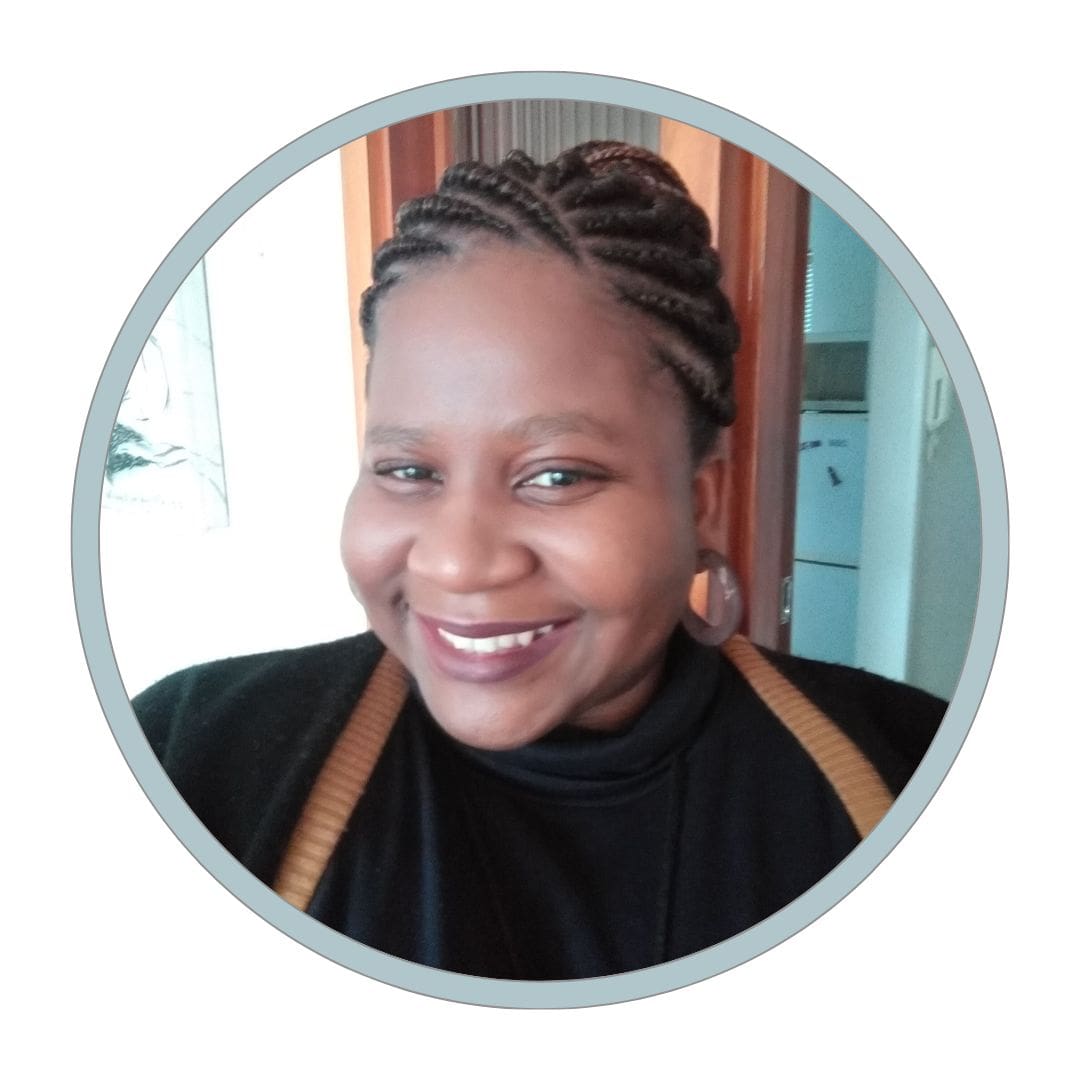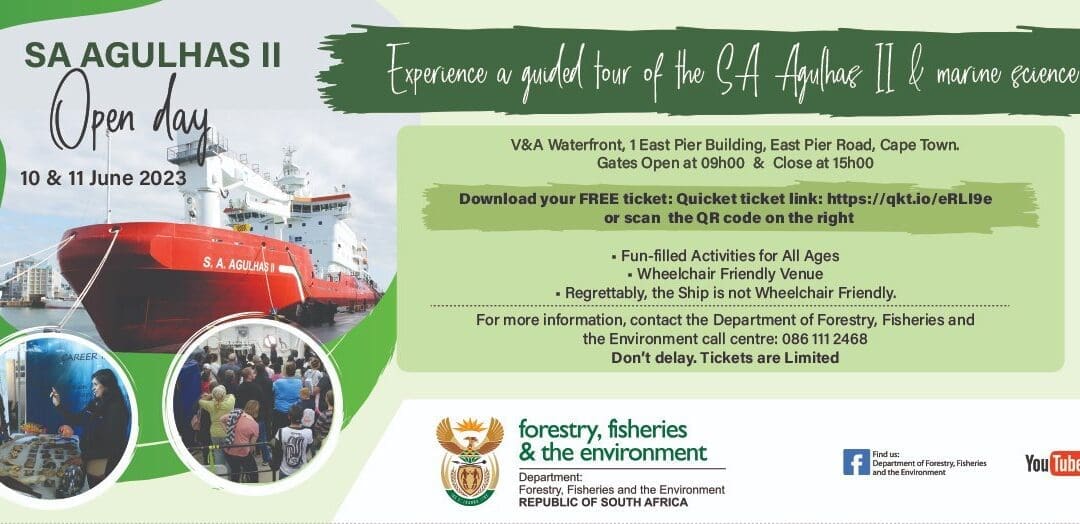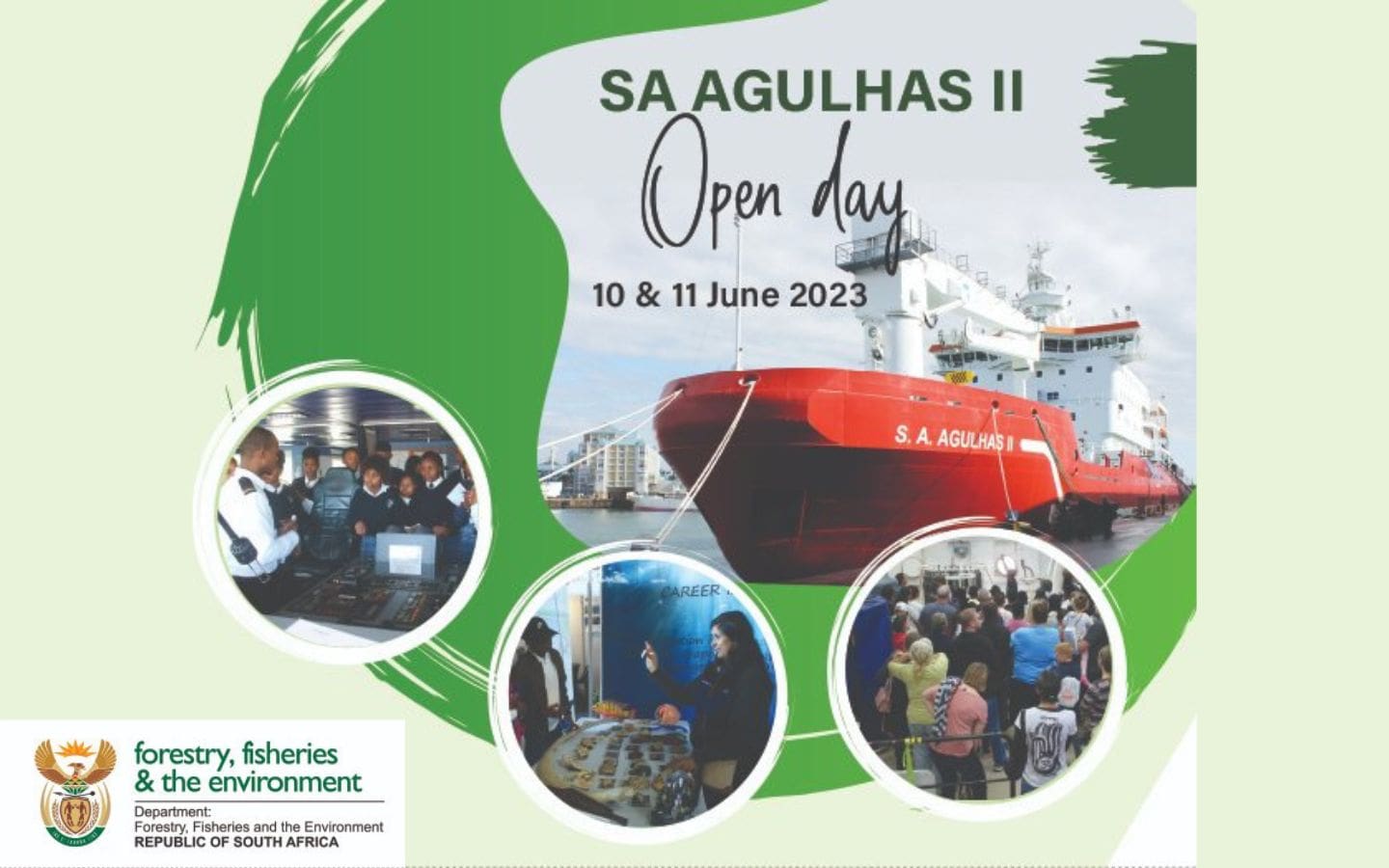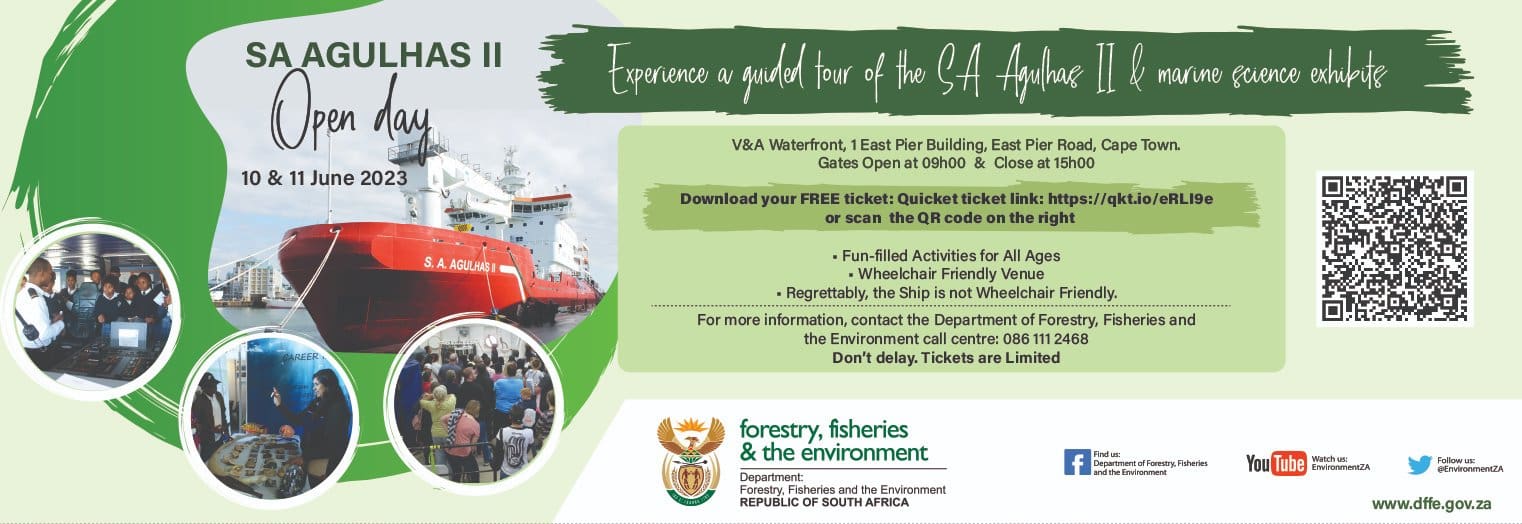
by Ria Olivier | Jul 24, 2023 | Announcement, Antarctica, Newsletters>SANAE Newsletters, Overwintering Team, Research, SANAE, SANAE IV, SANAP, Science, Stations, Team member
 The 62nd South African National Antarctic Expedition (SANAE) team has published their second newsletter – May edition and is now available on the ALSA archive.
The 62nd South African National Antarctic Expedition (SANAE) team has published their second newsletter – May edition and is now available on the ALSA archive.
Get a glimpse into the life of overwintering team members at the SANAE IV research station.
A message from the Editor:
“You know there’s different ways to try and express the vast beauty of this world that can be articulated without a single phase. We don’t always consciously realise how magnificent nature can be. From witnessing auroras for the first time, or an optical phenomenon such as the light pillar effect and immensely strong winds with temperatures dropping below -45 °C, at wind chill”.
Read in the newsletter about:
- Chasing Auroras
- Weather data for May 2023
- Winter Solstice (Midwinter)
- Super Darn Radar
- Photo: see the weather circumstance during smelly duty (melting ice and snow for water)
Click here: SANAE 62 May Newsletter
View the S62 newsletters here!
This newsletter was written and compiled by the 62nd SANAE Overwintering Team. The team decided to name their newsletter ‘The Nunatak’, but for archival and consistency it will be archived as The Endurance (name of SANAE Newsletters).
Ria Olivier, Antarctic Legacy of South Africa & Anche Louw, South African Polar Research Infrastructure, 24 July 2023.

by Ria Olivier | Jul 17, 2023 | Announcement, Antarctica, Gough Island, Marion Island, Prince Edward Island, Prince Edward Islands, Research, SA Agulhas II, SA Polar Research Infrastructure, SANAP, SAPolarRI, SAPRI, Science, Southern Ocean, Stations, STEM, sub-Antarctic

In 2015, The Department of Science and Technology (DST) facilitated the first dedicated oceanographic winter expedition on the S.A. Agulhas II from 23 July – 14 August 2015. The success of this expedition and others that followed demonstrated the need expressed by the wider marine and Southern Ocean research community and has prompted the DSI to secure funds for additional dedicated research expeditions in 2024, 2025 and 2026. The number of dedicated research expeditions will depend on the need expressed and the funding available. The core objective is to develop a comprehensive marine and Antarctic research expedition plan for 2024-2026, underpinned by the Marine and Antarctic Research Strategy (MARS) and contributing to the United Nations Decade of Ocean Sciences for sustainable development. These dedicated research expeditions will not only encompass oceanography but will provide research opportunities for marine-related and South African National Antarctic Programme (SANAP) –related research.
MARS was developed to provide a platform from which to coordinate marine and Antarctic research. The assumption is that improved coordination of a currently fragmented science system will improve returns on investment. Structured planning and a guided strategic focus will maximize human capital development and bring South Africa to the international forefront of knowledge production in these research areas. From this will follow innovation, increased international influence, and ultimately, economic growth.
The NRF and the South African Polar Research Infrastructure (SAPRI) have been tasked with coordinating various activities that will feed into improved planning and coordinating of marine and Antarctic research activities. As such, the NRF together with SAPRI would like to maximise on the opportunities for dedicated expeditions based on research community needs to enable long-term planning for expeditions, including sourcing funding for such expeditions. Dedicated expeditions may be implemented in periods where the S.A. Agulhas II is available. The schedule for the annual relief voyages indicate periods when the S.A. Agulhas II is not available (relief voyages for Antarctica, Marion Island and Gough Island). The direction (expedition transects), duration (including number and types of stations) and research focus of each dedicated research expedition would then be decided on by the DSI, together with the NRF, based on such variables as proposed participation, research area alignment, MARS theme alignment, contribution to the Ocean Decade and overall return on investment (data collection and capacity development.). To this end, SAPRI can support the costs of any in person meetings required to discuss collaborative research expeditions.
It should be noted that the attached annexure may change depending on the activities of the Department of Forestry, Fisheries, and the Environment (DFFE). For example, an emergency may require DFFE to deploy the S.A. Agulhas II to enable the Department of Public Works to do building maintenance and repairs at any of the three bases. As such, all potential dedicated expeditions will need to be approved by the DFFE before final planning can begin.
Please complete the template and return to tj.klarenbeek@risa.nrf.ac.za no later than 15 August 2023. The completed templates will give an indication of research community demand. More detailed research plans will be requested hereafter.
Expression of interest – dedicated S.A. Agulhas II voyages
Text: Expression of interest, Participation in dedicated research expeditions 2024, 2025, 2026. Tracy Klarenbeek, Director: Knowledge Advancement and Support (KAS), National Research Foundation (NRF), Research Innovation Support and Advancement (RISA).

by Ria Olivier | Jul 12, 2023 | Announcement, Antarctica, Gough Island, Marion Island, News, Research, SA Agulhas II, SA Polar Research Infrastructure, SAPolarRI, SAPRI, Science, Southern Ocean, Stations, sub-Antarctic

The South African Polar Research Infrastructure (SAPRI) is getting a corporate identity (CI).
The South African Polar Research Infrastructure (SAPRI) is one of 13 large Research Infrastructures (RIs) developed by the Department of Science and Innovation (DSI) as part of the South African Research Infrastructure Roadmap (SARIR).
The SAPRI was established in 2021 to ensure coordination of South African marine and Antarctic research as a national Big Science programme, providing seamless access to existing and new research infrastructure required to develop and enhance long-term observations of South Africa’s polar region.
The ultimate objective of SAPRI is to enable balanced research growth across the polar disciplines, and to maintain and further expand the world-class long-term observational datasets already established.
The SAPRI is designed as a consortium hosted at the South African Environmental Observation Network (SAEON), a long-term environmental observation and research facility of the National Research Foundation (NRF).
The SAPRI logo
The first step of the SAPRI CI was the design of a logo. The CI vendor has worked with a somewhat complicated brief, making sure that the CI is inclusive of marine and polar (land and sea), not focusing on one specific aspect within SAPRI.
The brief furthermore included:
- Transforming, strengthening and consolidating SA’s marine and polar sciences.
- Recognisable, professional and accessible.
- Pride in SA’s involvement in marine and polar research.
SAPRI logo rationale:
 The graphic element in this logo is a representation of SAPRI’s infrastructural support to research on both land and at sea.
The graphic element in this logo is a representation of SAPRI’s infrastructural support to research on both land and at sea.
While the top part is representative of land features of Antarctica and sub-Antarctic islands (e.g. ice, mountain), the bottom section represents water, or the ocean, as well as the shape of South Africa as seen on a map. In addition, the simplistic lines used to form the water is a rudimentary representation of data and the continuity of research.
To make for a versatile logo, transferable to different materials and backgrounds, various modifications can be used.
 The main logo will have the colours of the South African flag incorporated.
The main logo will have the colours of the South African flag incorporated.
Full colour versions (horizontal, vertical or in a circle):

Black versions (horizontal, vertical or in a circle):

White versions (horizontal, vertical or in a circle) – to be used on a full colour backgrounds:

Read more about SAPRI here.
Note that the SAPRI website is currently in the design and development phase.
Anche Louw, South African Polar Research Infrastructure (SAPRI DPS Node), 12 July 2023

by Rabia Mathakutha | Jun 19, 2023 | Antarctica, Current Event, Environment, Important Dates, International Days, Invasion Biology, Marion Island, Mice Eradication, Research, SANAP, SAPolarRI, SAPRI, Southern Ocean, sub-Antarctic, Uncategorised
On 19th of June, the world comes together to celebrate World Albatross Day, an annual event dedicated to raising awareness about these magnificent seabirds and the conservation challenges they face. World Albatross Day serves as a crucial platform to educate and inspire action to protect these iconic ocean wanderers. With their graceful flight and important ecological role, albatrosses deserve our attention and concerted efforts for their survival.
South Africa is a long-standing Party to the International Agreement on the Conservation of Albatrosses and Petrels (ACAP). The agreement was brought into existence on 1 February 2004. The day also falls on the date of the signing of the Agreement 22 years ago. ACAP has chosen the theme “Plastic Pollution” to mark the fourth World Albatross Day, to be celebrated on 19 June 2023. This follows the inaugural theme “Eradicating Island Pests” in 2020, “Ensuring Albatross-friendly Fisheries” in 2021, and “Climate Change” last year in 2022.
Albatrosses close to home
Multiple species of albatross are found across the Southern Ocean. This includes Antarctic, sub-Antarctic and subtropical waters. These albatrosses breed on sub-Antarctic and Antarctic islands including South Africa’s sub-Antarctic Marion Island. Marion Island holds significant breeding populations of four albatross species – the Wandering Diomedea exulans, Grey-headed, Light-mantled Phoebetria palpebrata and Sooty Phoebetria fusca. In addition to this, two other species of albatrosses have been seen ashore on Marion Island – Black-browed and Indian Yellow-nosed Thalassarche carteri. To read more about the “other” two species of albatrosses recorded from Marion Island as uncovered by one of our researchers Kim Stevens, click here.
The Challenges Facing Albatrosses
Albatrosses face a range of challenges that threaten their survival. One of the most pressing issues is longline fishing, where albatrosses can become accidentally caught on fishing hooks, leading to injury or death. Pollution, habitat destruction, climate change, and invasive species on breeding islands also pose significant risks to their populations. World Albatross Day sheds light on these challenges and promotes measures to mitigate their impact. The pressing threats to Albatrosses in the Southern Ocean include invasive species on breeding islands, most notably, the house mice on Marion Island. Introduced to Marion Island by sealers in the early 19th century, the house mice have been inflicting devastating impacts on the ecology of the island, including killing its native seabirds.
Conservation Efforts and Awareness
The Mouse-Free Marion Project is a registered non-profit company in South Africa, established to eradicate the invasive albatross-killing mice on Marion Island. The project was initiated by BirdLife South Africa and the South African Department of Forestry, Fisheries and the Environment (DFFE). Upon successful completion, the project will restore the critical breeding habitat of over two million seabirds, many globally threatened, and improve the island’s resilience to a warming climate. For more information or to support the project please visit mousefreemarion.org.
May 2023: Barbara Creecy, Minister of Forestry, Fisheries, Forestry and the Environment, confirms government support for the Mouse-Free Marion Project in her budget speech.
What can you do?
In keeping with this year’s theme for World Albatross Day “Plastic Pollution”, as an individual you can participate by reducing plastic pollution, organising or joining local beach cleanups, where you can help remove litter and prevent it from reaching the oceans, including minimising the use of single-use plastics. Education plays a vital role in driving positive change for albatross conservation. Increase your understanding of albatross biology, their unique adaptations, the threats they face, and the ecological importance they hold in marine ecosystems by reading some of these selected publications here. By raising awareness and fostering partnerships, we can work collectively to safeguard albatross populations and their habitats.
Let us unite in our efforts to protect these majestic ocean wanderers and ensure a future where albatrosses continue to grace our oceans for generations to come.
YOU CAN HELP SAVE MARION ISLAND’S SEABIRDS
Images: The Mouse-Free Marion Project (text added to MFM poster) and Antarctic Legacy of South Africa (ALSA)
Rabia Mathakutha, South African Polar Research Infrastructure (SAPRI DPS Node), 19 June 2023

by Ria Olivier | Jun 7, 2023 | Announcement, Antarctica, News, Research, SA Polar Research Infrastructure, SAPolarRI, SAPRI, Science, Southern Ocean

The South African Environmental Observation Network (SAEON) has employed four research coordinators under the South African Polar Research Infrastructure (SAPRI), for each of its four integrated facilities i.e. Data, Products and Society (DPS), Terrestrial Long-Term Observations (LTO-Land), Ocean Long-Term Observations (LTO-Ocean) and Polar Lab. They will mainly be based at the SAEON Egagasini Node, in Cape Town.
Meet the SAPRI Research Coordinators
Rabia Mathakutha
Research Coordinator: Data, Products and Society (DPS)
 Rabia is a registered Natural Scientist with the South African Council for Natural Scientific Professions (SACNASP) in the field of Environmental Sciences. Rabia holds a Masters degree in Plant Science with a focus on understanding plant invasion potential and climate change responses in the sub-Antarctic region. Rabia has experience in the environmental consulting industry, having worked as a freshwater ecologist and advising clients in terms of relevant environmental legislation and policies as part of the Environmental Impact Assessment (EIA) process. This has given her a range of capabilities that suit her new role as Research Coordinator for the Data, Products and Society Integrated Facility. Her knowledge and background in sub-Antarctic and polar research places her well within the focus of SAPRI. Her work experience in the private sector has equipped her with leadership and stakeholder engagement skills and experience that are valuable as a research coordinator, and brings a fresh outlook to how science (and research infrastructure) is accessed, communicated and how data is managed – key functions of DPS.
Rabia is a registered Natural Scientist with the South African Council for Natural Scientific Professions (SACNASP) in the field of Environmental Sciences. Rabia holds a Masters degree in Plant Science with a focus on understanding plant invasion potential and climate change responses in the sub-Antarctic region. Rabia has experience in the environmental consulting industry, having worked as a freshwater ecologist and advising clients in terms of relevant environmental legislation and policies as part of the Environmental Impact Assessment (EIA) process. This has given her a range of capabilities that suit her new role as Research Coordinator for the Data, Products and Society Integrated Facility. Her knowledge and background in sub-Antarctic and polar research places her well within the focus of SAPRI. Her work experience in the private sector has equipped her with leadership and stakeholder engagement skills and experience that are valuable as a research coordinator, and brings a fresh outlook to how science (and research infrastructure) is accessed, communicated and how data is managed – key functions of DPS.
Abuyiselwe Athandile Nguna
Research Coordinator: Terrestrial Long-Term Observations (LTO-Land)
 Abuyiselwe, friendly known as Abu, hails from the small town of Komani in the Eastern Cape. His passion in science led him to pursue postgraduate studies. Abu has been focused on periglacial aeolian process research for almost a decade now as he pursues his Ph.D. in Geography. Abu has been part of two overwintering teams on the sub-Antarctic Marion Island, which has given him a vast experience in sub-Antarctic and polar research. Abu is excited to take on his new role within SAPRI and SAEON, where he can continue to build his career and play a part in South African polar research reaching its potential and expanding to the rest of Africa. His work within the Sub-Antarctic Landscape and Climate interactions (SALCi) group has equipped Abu with skills in leadership, data management, proposal writing and efficiency, and of course the love for the sub- Antarctic and the Southern Ocean.
Abuyiselwe, friendly known as Abu, hails from the small town of Komani in the Eastern Cape. His passion in science led him to pursue postgraduate studies. Abu has been focused on periglacial aeolian process research for almost a decade now as he pursues his Ph.D. in Geography. Abu has been part of two overwintering teams on the sub-Antarctic Marion Island, which has given him a vast experience in sub-Antarctic and polar research. Abu is excited to take on his new role within SAPRI and SAEON, where he can continue to build his career and play a part in South African polar research reaching its potential and expanding to the rest of Africa. His work within the Sub-Antarctic Landscape and Climate interactions (SALCi) group has equipped Abu with skills in leadership, data management, proposal writing and efficiency, and of course the love for the sub- Antarctic and the Southern Ocean.
Precious Mahlalela
Research Coordinator: Ocean Long-Term Observations (LTO-Ocean)
 Precious holds a Ph.D. in Ocean and Atmospheric Science with a focus on climate variability. Precious brings a remarkable depth of knowledge and expertise to the team. She has a strong academic background in physical oceanography, atmospheric science, and environmental science. This interdisciplinary training enables her to explore the intricate interplay between the ocean and the atmosphere, shedding light on the dynamic processes that shape our global climate. As a Research Coordinator, Precious assumes a pivotal role in supporting SAPRI’s long-term ocean initiatives. She actively contributes to the development and maintenance of data infrastructure, ensuring smooth research processes for the integrated facility stakeholders. Her meticulous attention to detail and analytical skills contribute to the collection and analysis of valuable data that will help the polar research community better understand our oceans. Outside of her research pursuits, Precious enjoys engaging in community outreach programs and sharing her knowledge and passion for the environment with others. Through these efforts, she strives to inspire the next generation of scientists and foster a sense of environmental stewardship.
Precious holds a Ph.D. in Ocean and Atmospheric Science with a focus on climate variability. Precious brings a remarkable depth of knowledge and expertise to the team. She has a strong academic background in physical oceanography, atmospheric science, and environmental science. This interdisciplinary training enables her to explore the intricate interplay between the ocean and the atmosphere, shedding light on the dynamic processes that shape our global climate. As a Research Coordinator, Precious assumes a pivotal role in supporting SAPRI’s long-term ocean initiatives. She actively contributes to the development and maintenance of data infrastructure, ensuring smooth research processes for the integrated facility stakeholders. Her meticulous attention to detail and analytical skills contribute to the collection and analysis of valuable data that will help the polar research community better understand our oceans. Outside of her research pursuits, Precious enjoys engaging in community outreach programs and sharing her knowledge and passion for the environment with others. Through these efforts, she strives to inspire the next generation of scientists and foster a sense of environmental stewardship.
Riesna R. Audh
Research Coordinator: Polar Lab
 Riesna is the Research Coordinator for the SAPRI Polar Lab. She has a background in polar oceanography and a passion for all things Antarctica. She has helped to develop the field protocols employed by South African researchers on sea ice research and contributed to the knowledge and available data of the polar regions through her Ph.D. research on the biogeochemistry of sea ice in the Antarctic marginal ice zone (MIZ). Riesna believes that science should be accessible and inclusive and intends to use her position to showcase polar research amongst researchers and non-researchers alike. She is a firm believer that collaboration across institutions and disciplines is crucial for the future of polar research and that accessibility, inclusivity and visibility are vital in order to grow this field and encourage the next generation of polar researchers.
Riesna is the Research Coordinator for the SAPRI Polar Lab. She has a background in polar oceanography and a passion for all things Antarctica. She has helped to develop the field protocols employed by South African researchers on sea ice research and contributed to the knowledge and available data of the polar regions through her Ph.D. research on the biogeochemistry of sea ice in the Antarctic marginal ice zone (MIZ). Riesna believes that science should be accessible and inclusive and intends to use her position to showcase polar research amongst researchers and non-researchers alike. She is a firm believer that collaboration across institutions and disciplines is crucial for the future of polar research and that accessibility, inclusivity and visibility are vital in order to grow this field and encourage the next generation of polar researchers.
Read more about SAPRI – click on the link below!
Text supplied by SAPRI Research Coordinators.
Anche Louw, South African Polar Research Infrastructure (SAPRI DPS Node), 07 June 2023

by Ria Olivier | May 25, 2023 | Announcement, Discover, News, Research, SA Agulhas II, SANAP, Science, Southern Ocean
The Department of Forestry, Fisheries and the Environment invites you to attend the S.A. Agulhas II Open Day on the 10 & 11 June 2023 at the V&A Waterfront (Port of Cape Town, East Pier).
What your FREE ticket will include:
- A guided tour of the South African (Polar) research and supply vessel, the S.A. Agulhas II.
- Access to various marine science and environmental conservation exhibitions.
Download your FREE tickets here: https://qkt.io/eRLI9e
Anche Louw, South African Polar Research Infrastructure (SAPRI DPS Node), 25 May 2023
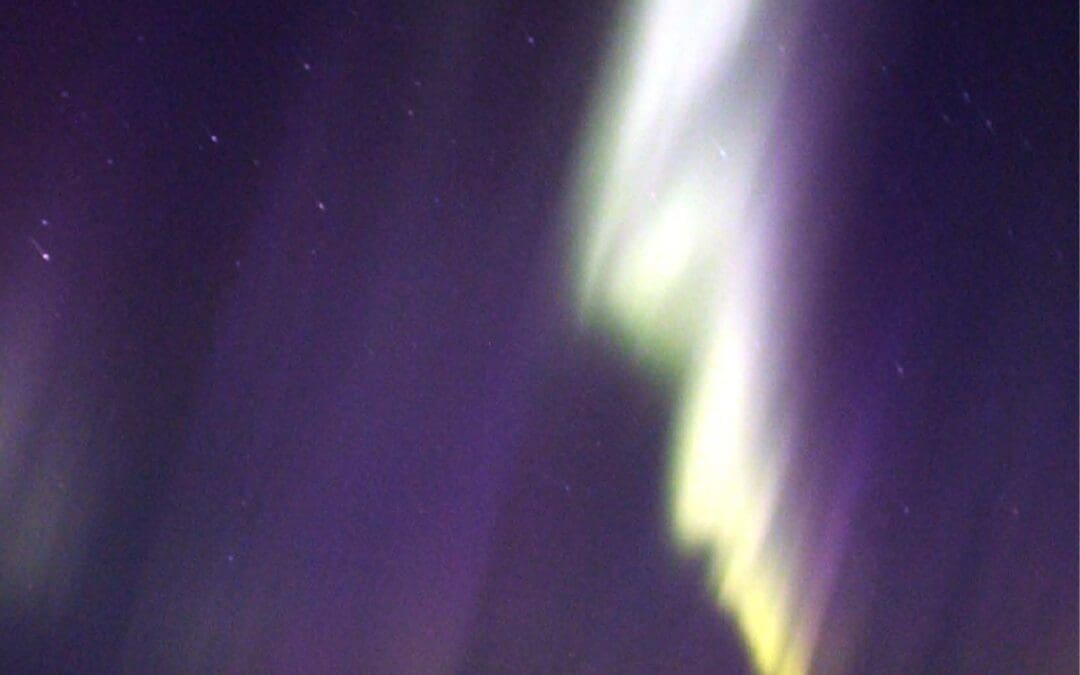
 The 62nd South African National Antarctic Expedition (SANAE) team has published their second newsletter – May edition and is now available on the ALSA archive.
The 62nd South African National Antarctic Expedition (SANAE) team has published their second newsletter – May edition and is now available on the ALSA archive.
